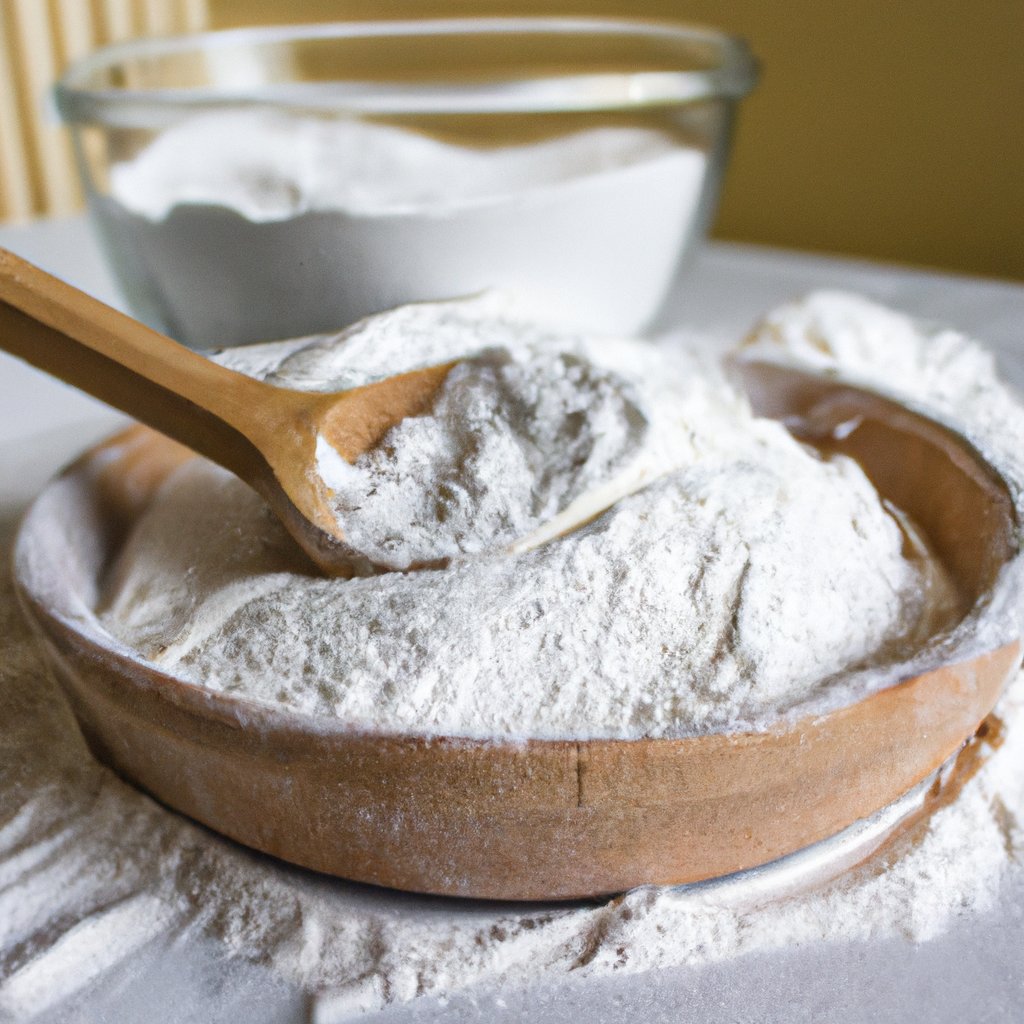Understanding the Food Safety Risks of Consuming Raw Flour
Flour is an essential ingredient in baking and cooking. It is used to make a wide variety of foods, such as bread, cakes, pasta, and pizza, among others. However, in recent years, there has been a growing concern about the safety of consuming raw flour.
Raw flour is flour that has not been cooked, baked, or processed in any way. Many people enjoy eating raw dough or batter, but there are concerns about the safety of consuming raw flour due to potential contamination with harmful bacteria.
The primary risk associated with raw flour consumption is the possibility of contracting a foodborne illness caused by E. coli or Salmonella bacteria. These bacteria can be found in raw flour, and if ingested, they can cause severe gastrointestinal symptoms, including diarrhea, nausea, vomiting, and abdominal cramps. In severe cases, these illnesses can lead to hospitalization or even death.
One of the primary ways that flour can become contaminated with harmful bacteria is through contact with animal feces. This can occur during the growing, harvesting, or processing of wheat, which is the primary ingredient in flour. Additionally, flour can become contaminated during transport or storage.
To reduce the risk of contracting a foodborne illness from raw flour, it is essential to take certain precautions when handling and consuming flour. These precautions include:
- Do not eat raw dough or batter: Raw dough and batter can be a source of harmful bacteria, so it is best to avoid consuming them.
- Cook flour-containing foods thoroughly: Cooking flour-containing foods, such as bread, pizza, and pasta, to the appropriate temperature can kill any harmful bacteria that may be present.
- Wash your hands and utensils: Before and after handling flour, be sure to wash your hands and any utensils that come into contact with the flour. This can help to prevent cross-contamination.
- Store flour properly: Store flour in a cool, dry place, away from any potential sources of contamination, such as animal feed or pet food.
- Purchase flour from reputable sources: When purchasing flour, choose a brand that is known for its safety and quality.

In conclusion, while raw flour consumption can be a potential source of harmful bacteria, there are steps that you can take to reduce your risk of foodborne illness. By following proper handling and cooking procedures and purchasing flour from reputable sources, you can enjoy the many benefits of this versatile ingredient without putting your health at risk.



